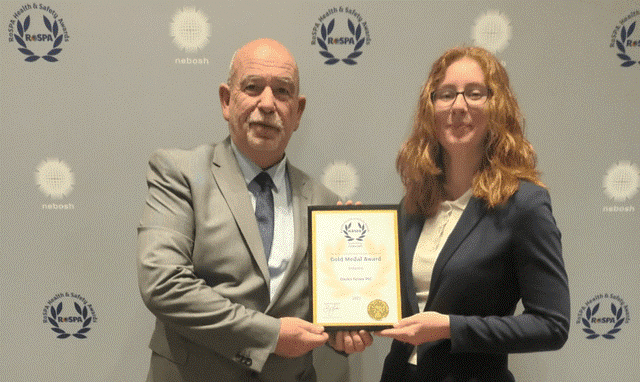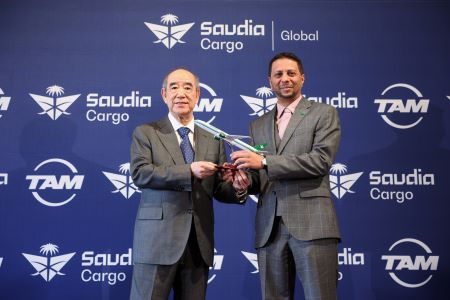Michael Kramer, Executive Vice President, Marketing and Business Development at Stolt-Nielsen discusses sustainability in logistics, exclusively to ITM
We are all responsible for seeking a more sustainable future, but we also need to acknowledge that the logistics industry is facing some considerable challenges around reducing carbon emissions. Stolt-Nielsen operates three global bulk-liquid logistics businesses, but I will focus here on Stolt Tank Containers and the container industry, where one significant challenge is calculating Scope 3 emissions across multiple transport modes and countries, which is very complex and at times difficult.
Stolt Tank Containers uses all major shipping and many haulage companies, and we can determine our C02 emissions for each shipment. But many other parts of the supply chain are only just starting to collect this data, or are not able to supply it at all, and so we must develop solutions to ensure we meet our goals.
We use high-quality ocean carriers and vendors who share our commitment to increasingly sustainable practices and we are working to reduce our carbon footprint by 40% by 2030. We do this to be a more responsible company to our customers and to society. Stolt Tank Containers has also joined the Clean Cargo initiative, a collective of shippers, forwarders and ocean carriers working towards more responsible and sustainable shipping that supports clean oceans, healthy port communities and global climate goals. We have also built supporting tools to develop data and metrics that can be targeted for improvement and we are happy to lead the tank container in this aspect of our business
We see our tank containers as an integral and very environmentally sustainable asset as compared to other modes. For instance, the increasing use of flexibags is contributing to GHG emissions and increasing carbon footprints to levels that are not immediately obvious or fully understood. We must consider the environmental cost of producing this product, and the degree to which they can be reused. Most often they are used once. Our tank containers, by comparison, can be reused multiple times a year and when they do reach the end of their lifecycle, we recycle 90% of them.
In 2021, Stolt Tank Containers began a project to track energy usage and waste at our depots, with the aim of achieving 50% renewable energy consumption at our wholly owned depots by 2030. This has led to a range of improvement programmes including reconfiguring depots to reduce overall fuel for lifts and truck movements; incorporating solar panels into depot upgrades; installing LED lighting supported by solar panels as well as new fuel-efficient and lower pollution boilers in multiple depots. We have also changed to renewable fuels where possible. All of this has led to a 90% reduction in carbon emissions in a number of our depots.
Media contact
Rebecca Morpeth Spayne,
Editor, International Trade Magazine
Tel: +44 (0) 1622 823 922
Email: editor@intrademagazine.com





